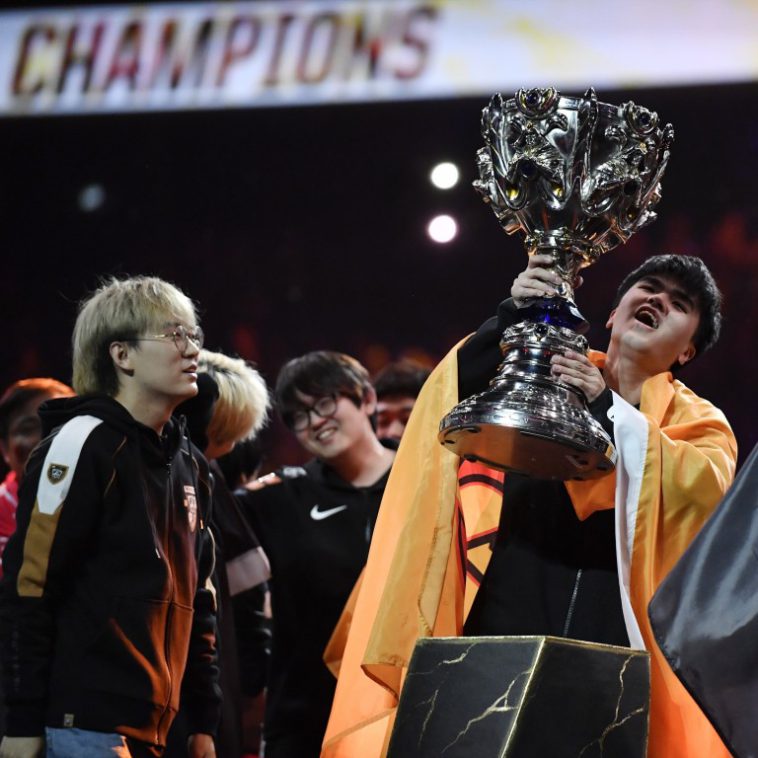Esports revenue in China has grown 25% year-on-year to reach 117.5 billion yuan ($16.6 billion) in 2019. This came about from official recognition of the sector according to iResearch Consulting Group. The Shanghai-based research firm released a report on esports revenue recently that delved into income generated by games, tournaments and merchandising, and so on.
According to the research, esports revenue passed the 100 billion yuan milestone for the first time. The market is further expected to collect more than 165.1 billion yuan in revenue by 2021. The rapid growth of esports in China is just one example of the convergence between online gaming and livestreaming, two very prominent aspects of digital life locally. Companies and the public sector alike are looking toward this lucrative new sector for growth opportunities.
In the report, iResearch said, “With e-sports players becoming a government-recognized profession and yet another Chinese e-sports club winning the League of Legends World Championship 2019, the government, investors and brands have been devoting more care and enthusiasm to the e-sports industry.”
The bulk of revenue is generated by esports games themselves. But even this trend is changing. Mobile games and PC games count for 47.2% and 24.7% of total revenue respectively. But when it comes to revenue generated by the ecosystem, such as advertising and merchandising, they account for 24.7% and will count for approximately one-third of the market by 2021.
The report indicated that there were 470 million esports consumers in China. These individuals are quantified as anyone who has watched at least one esports game within a six-month period. Of those consumers, 76% of them are male.
Despite the significant growth experienced by the industry, government regulation has been an obstacle to growth. Beijing has tightened the game approval process and mandates strict anti-addiction measures by limiting play time and implementing spending limits for underage gamers.
For example, one new law passed last year prevents users from under 18 years of age from playing games for more than 90 minutes a day. During holidays, play time is extended to three hours. And further, underage gamers are prevented from playing games before 8am or after 10pm. Spending is also banned for gamers under eight years of age and capped at 200 yuan per month for 8-16 year-olds or 400 yuan for those between 16 and 18.
Strict regulations notwithstanding, government support for the esports sector is evident throughout 2019. Local governments in Shanghai and Hainan have actively encouraged esports tournaments and even encourage gaming companies to host events and invest locally.
It’s a good time to be a part of this massive industry in China, or even globally.





Loading…